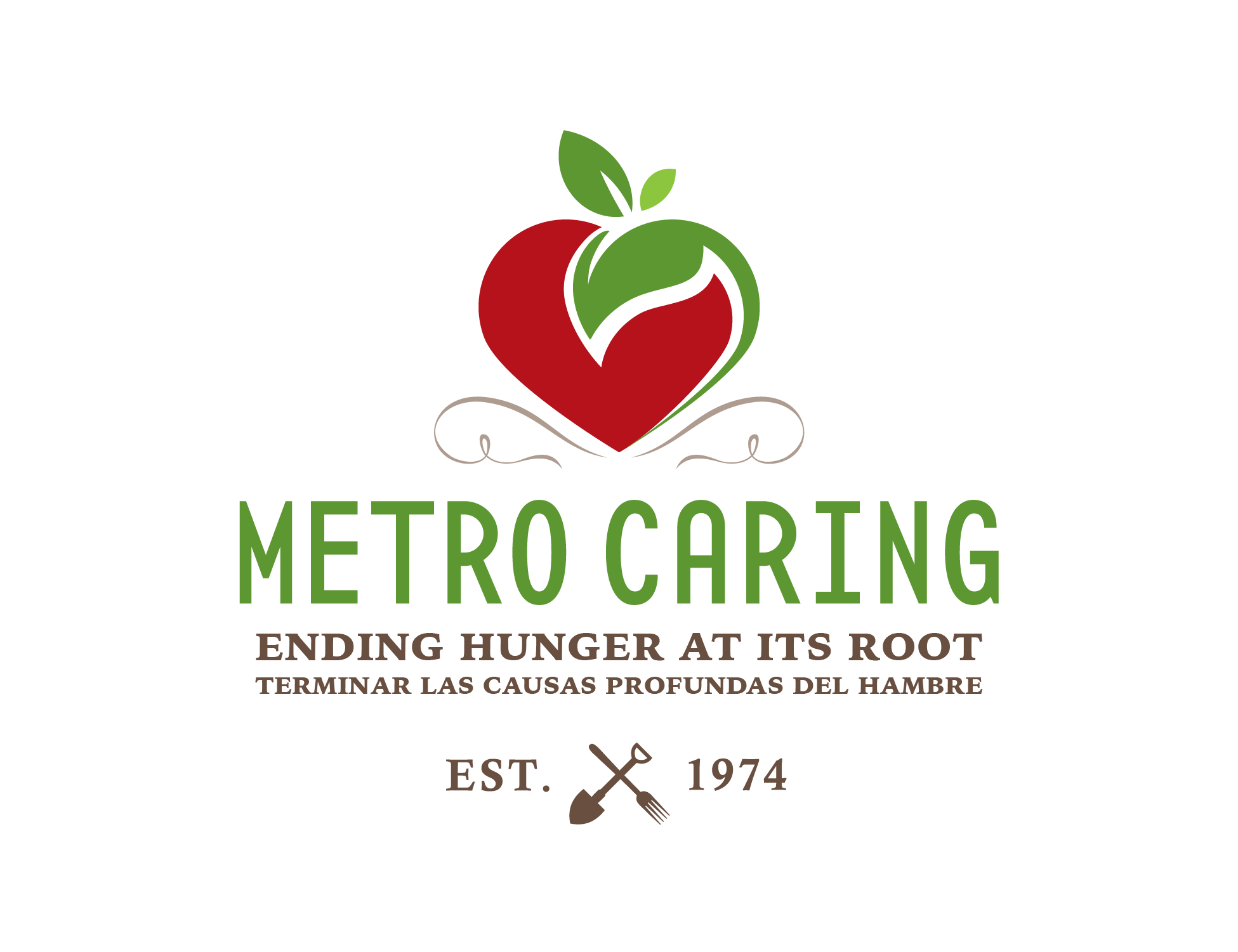Our sustainability plan requires innovation, disruption, and rest
Teva Sienicki: When we think about sustainability for anti-hunger work, it must be with this broader lens: How do we sustain ourselves for the long-term nature of this struggle, and how do we sustain disruption to an oppressive status quo?
Shopper in Metro Caring’s Fresh Foods Market chooses items from the produce area to add to her cart.
Teva Sienicki, CEO-Visionary, writes to Food Bank News about sustaining the anti-hunger movement.
Published in Food Bank News
GUEST OPINION BY TEVA SIENICKI, CEO-VISIONARY AT METRO CARING, DENVER, CO—Grant applications often ask us: “What’s your sustainability plan?”
It’s a realistic question, but the way it’s asked is far too narrow in scope. Funders want to know how the work will continue after the funding runs out. But the question is based on a false assumption: that food banks and pantries should sustain themselves (or could somehow do so without charitable contributions).
The food bank model isn’t sustainable. In my state, 1 in 3 Coloradans lack reliable access to nutritious food. It’s not possible for the charitable food sector to keep meeting that steep need.


